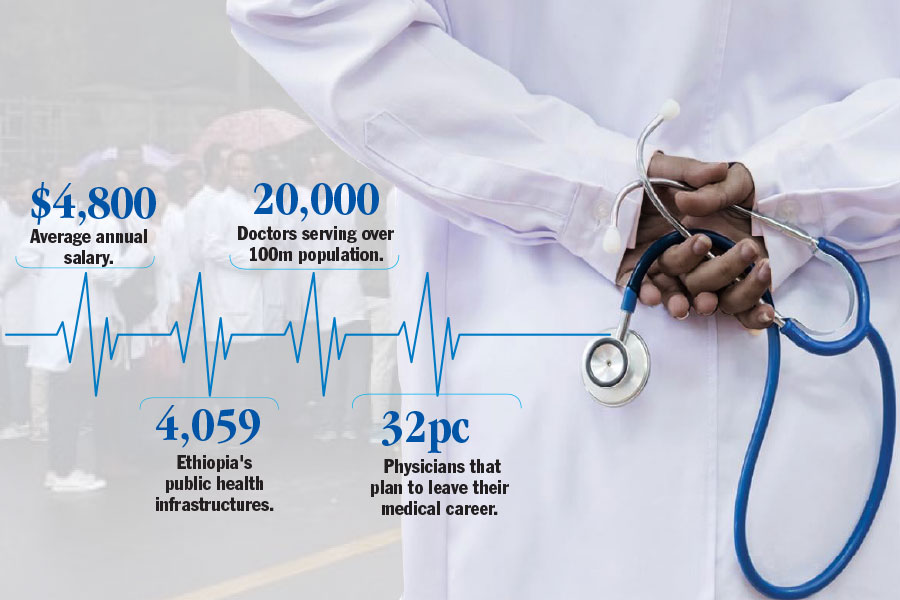
Fortune News | Jun 17,2023
When voters went to the polls in June this year, Tesfahun Adugna was following the political theatre from his home in Jigjiga, the seat of Somali Regional State, 622.5Km from Addis Abeba. Though he was among close to 40 million registered voters, Tesfahun could not vote for the candidate to represent him in regional and federal legislative houses for five years to come. That was because officials at the National Election Board of Ethiopia (NEBE) scrapped voting in the Somali region over allegations of irregularities in the voters' registration process.
He did not give up.
Two weeks ago, Tesfahun registered for the second time during the 10-day window granted by the board's officials. He is one of five million voters in the Somali Regional State who took voting cards to cast their ballots this time around.
"Everybody around me has registered," said Tesfahun, a resident of a town coloured with posters and banners depicting political candidates.
Voters in Somali Regional State are not the only ones preparing to go to the polls next week. They will be joined by 7.6 million voters who will elect their representatives for constituencies in the Harari and Southern regional states and the Dire Dawa city council. Close to 22 parties vie to fill 47 of the 547 parliamentary seats, whose elections were deferred when the country went into national polls in June this year.
This week's elections are the second for a country facing a myriad of problems, from a civil war putting the lives of millions at stake to unabated inflation paralysing consumers and from COVID-19 pandemic to international pressure causing financial distress. Coinciding with the formation of new administrations at the federal and many of the regional states, voters will go to polling stations knowing their votes may not have much impact on the composition of the federal government. The incumbent Prosperity Party has already secured 410 of the 436 parliamentary seats contested three months ago, garnering double the majority needed to form a government.
Nonetheless, disputes and allegations of irregularities continued in the Somali regional state, where the election will be held after the withdrawal of major opposition parties. The Ethiopian Citizens for Social Justice, a.k.a EZEMA, Freedom & Equality Party, and the Ogaden National Liberation Front (ONLF) – have announced their decision to withdraw from the elections, their leaders claiming an "unfair election process dominated by the incumbent party".
These were the same allegations made by the parties in June and taken as legitimate for electoral officials to postpone polling. However, they have dismissed the claims this time around, leaving the parties disgruntled.
Voter education conducted by the National Electoral board in in Harari region
Similar irregularities seen during the last elections remain prevalent, according to Wasyihun Tesfaye, head of organisational affairs at EZEMA, which has fielded 170 candidates in the Somali regional state. The party has not conducted any campaigns there thus far.
However, the Board has reviewed and addressed complaints put forth by political parties, according to Soliana Shimeles, the communications advisor at the NEBE.
"Since the registration of candidates has been concluded and ballot papers have been printed, we can't do anything about it," Soliana told Fortune.
The situation in the Benishangul-Gumuz Regional State seems even dire.
More than 100,000 voters slated to elect their representative last June are yet again unable to cast ballots. Though the Board initially scheduled elections there for this week and the other regions, security remains a major concern to voters not to go to the polls. This will have serious ramifications for the 1.1 million people residing there. With representatives of only 34 constituencies having been elected in June, a regional council cannot be formed in the Benishangul-Gumuz as a minimum of 99 seats need to be voted for to establish a regional government.
Political parties are yet to reach an agreement through their joint council, and Benishangul's fate remains unclear. The same is true for 72 seats that will still be left empty following the second round of voting. More than half of these are for constituencies in Tigray Regional State, where polls are not on the radar as the civil war is raging and continues to take its toll.
The remaining 34 constituencies are in the Oromia, Amhara, Afar, Southern and Benishangul-Gumuz regional states, which will be excluded from the polls yet again.
Boro Democratic Party has close to 30 candidates running for regional seats in Benishangul. It is among parties calling for a transitional or a caretaker government until elections can be fully held in the region. A Prime Minister elected from the incumbent Prosperity Party, which will have hegemonic control of parliament, can establish a caretaker government in the region, according to Mebratu Alemu (PhD), head of public relations for the Boro Democratic Party,
"The current government hasn't managed to ensure peace and stability for three years," said Mebratu. "Establishing a caretaker government is, in fact, a good starter to deal with the region's governance problems."
However, the regional chapter of the incumbent party is adamant that the current administration should continue to govern and insists the region is stable to conduct elections soon.
"Federal forces have been deployed in the area to restore stability," said Yishak Abdulkadir, head of the region's Prosperity Party chapter. "Our firm position is that the administration should only be established through elections."
EZEMA`s leaders are reluctant to take a stand on the issue, choosing instead to see how the electoral officials would mediate between the parties. EZEMA has fielded more than 1,500 candidates nationwide but suffered a crushing defeat by its rival Prosperity Party. It won only four parliamentary seats and secured four seats in the regional state's councils.
The disagreement and confusion stem from a gap in the country's electoral laws, which does dwell on issues when elections cannot be held due to security threats, according to Adem Kassie, election and constitutional governance expert.
There is no legal provision for a caretaker administration for Benishangul's regional stare, nor is there a rule which precludes an inclusive government from forming, says Adem.
The political parties contesting power there can go to the Council of Constitutional Inquiry seeking constitutional interpretation.
"A third option is for the parliament, which adopted the electoral law and determined the tenure of regional parliaments, to amend the electoral law and address the issue of delay in elections and the consequences for regional councils," said Adem.
Some areas in Amhara and Oromia regional states will remain unrepresented when parliament resumes next week. Adem believes the dominance of one party and the lack of influence from individual representatives will not significantly influence the way parliament will be composed come the first week of October.
"There are other issues, such as weak opposition representation, that undermine democratic ideals," he said
Against the backdrop of uncertainty, however, the board's officials remain poised the second election in less than four months will pass smoothly. They seemed to be unbothered by loads of deliverables on their plate, including holding a second referendum in the Southern Regional State, where more than 1.4 million people have been registered to determine the status of regional states.
"We'll announce the results of the upcoming election within 10 days of voting," said Soliana.
Tesfahun, the voter in Somali, is also upbeat about the upcoming polls.
"The region is stable," he said. "I don't expect problems."
PUBLISHED ON
Sep 26,2021 [ VOL
22 , NO
1117]

Fortune News | Jun 17,2023
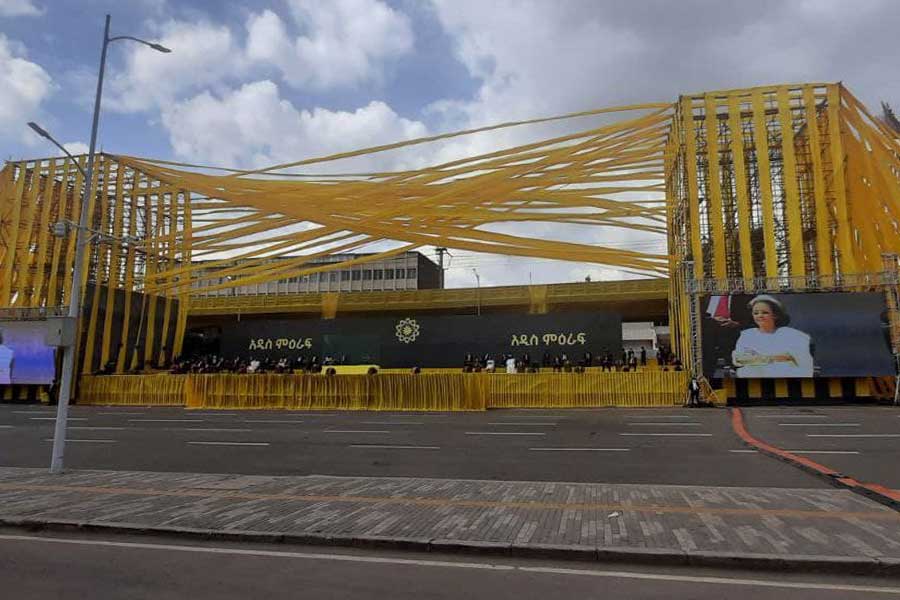
Fortune News | Oct 04,2021

Commentaries | Apr 26,2019

Films Review | Jul 25,2020
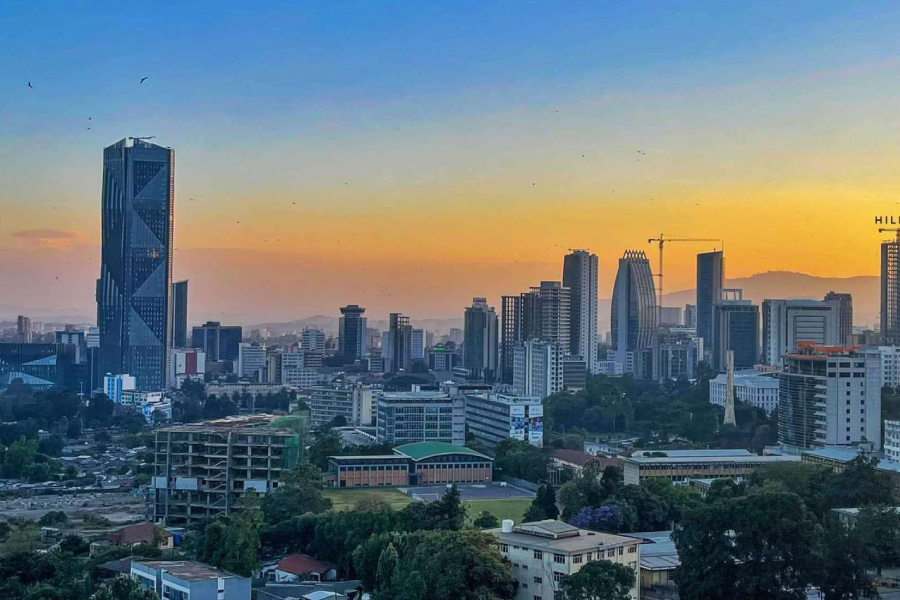
Fortune News | Aug 04,2024

Viewpoints | Jul 30,2022
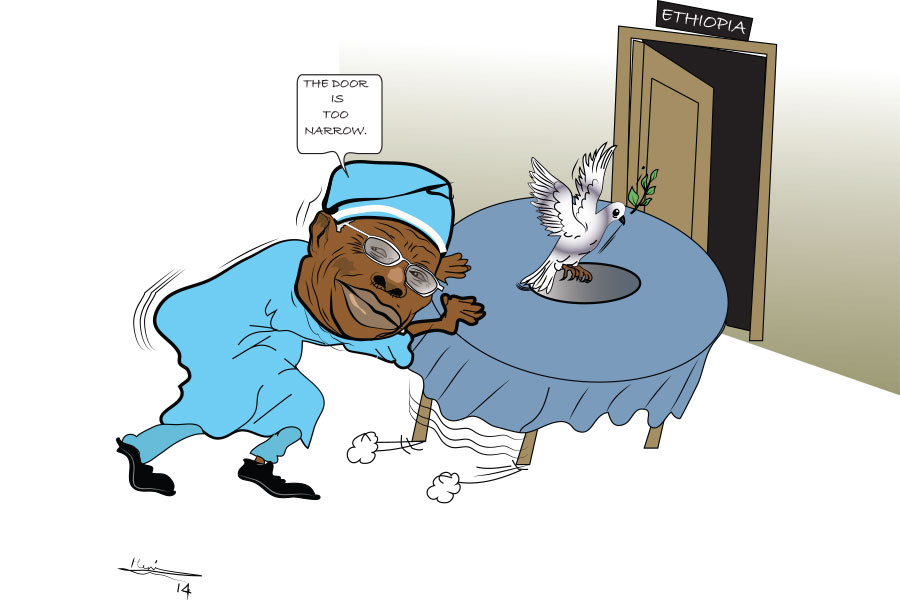
Editorial | Nov 20,2021
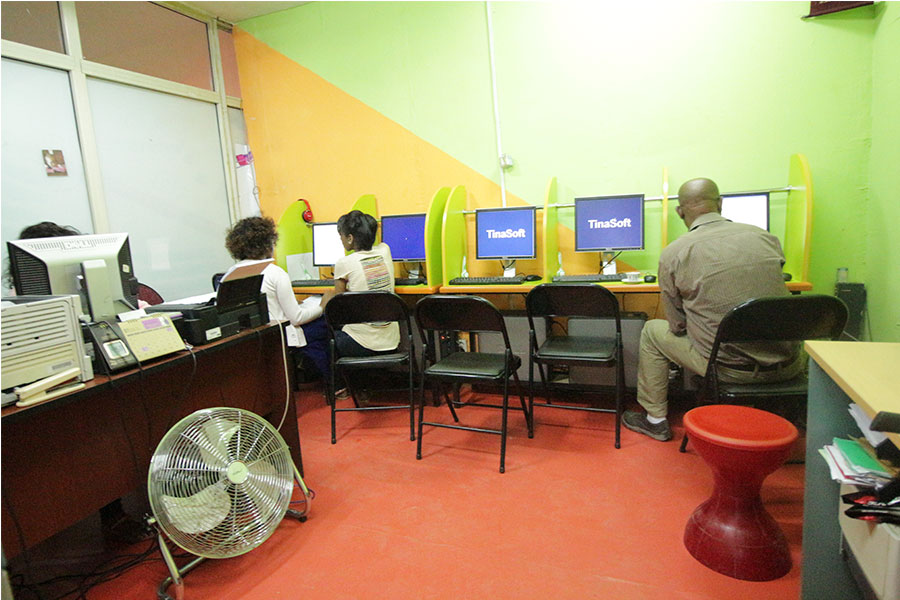
Fortune News | Jun 15,2019
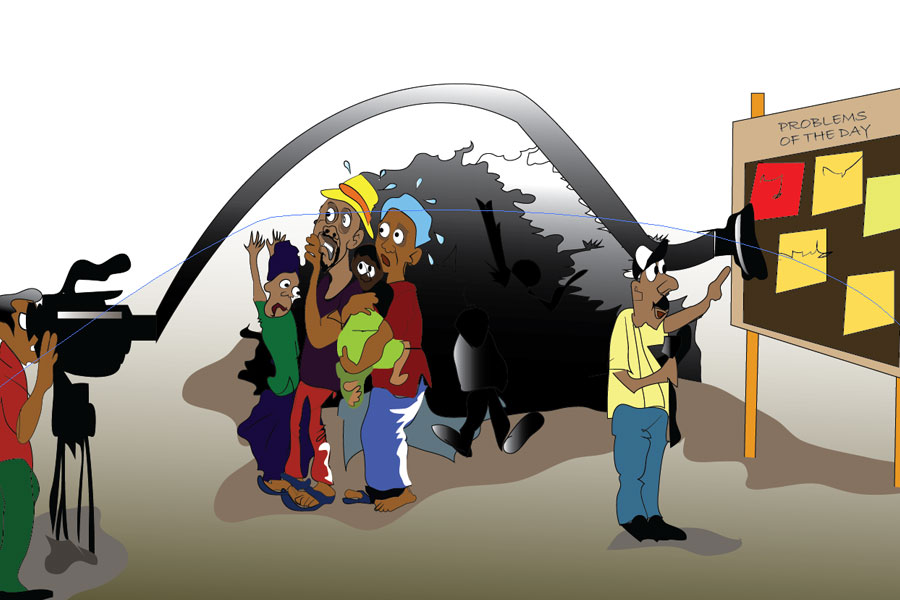
Editorial | Jan 18,2019
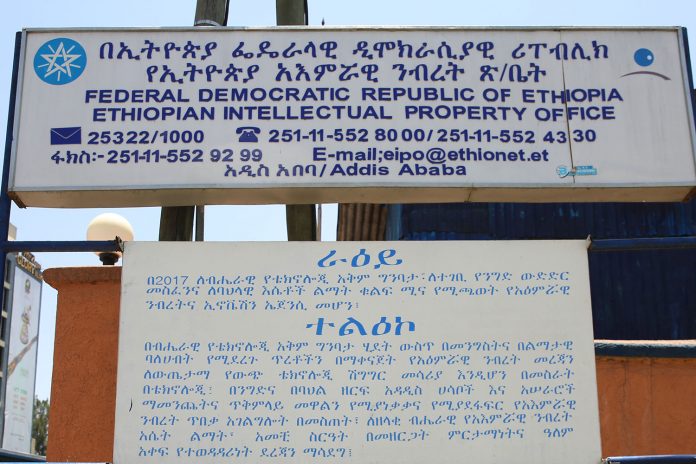
Fortune News | May 23,2021

Dec 22 , 2024 . By TIZITA SHEWAFERAW
Charged with transforming colossal state-owned enterprises into modern and competitiv...

Aug 18 , 2024 . By AKSAH ITALO
Although predictable Yonas Zerihun's job in the ride-hailing service is not immune to...

Jul 28 , 2024 . By TIZITA SHEWAFERAW
Unhabitual, perhaps too many, Samuel Gebreyohannes, 38, used to occasionally enjoy a couple of beers at breakfast. However, he recently swit...

Jul 13 , 2024 . By AKSAH ITALO
Investors who rely on tractors, trucks, and field vehicles for commuting, transporting commodities, and f...

Oct 25 , 2025
The regulatory machinery is on overdrive. In only two years, no fewer than 35 new pro...

Oct 18 , 2025
The political establishment, notably the ruling party and its top brass, has become p...

Oct 11 , 2025
Ladislas Farago, a roving Associated Press (AP) correspondent, arrived in Ethiopia in...

Oct 4 , 2025
Eyob Tekalegn (PhD) had been in the Governor's chair for only weeks when, on Septembe...